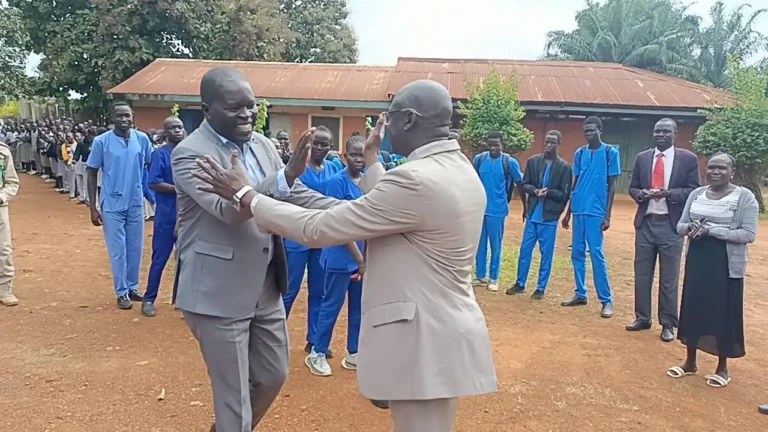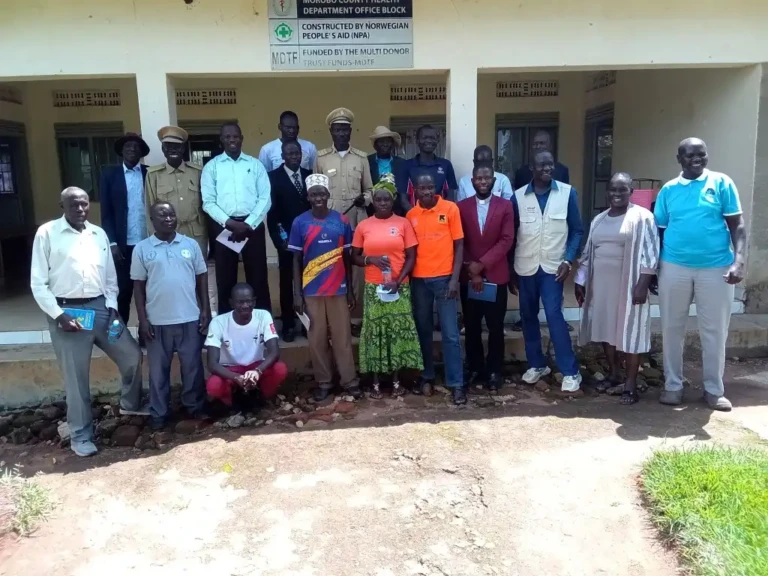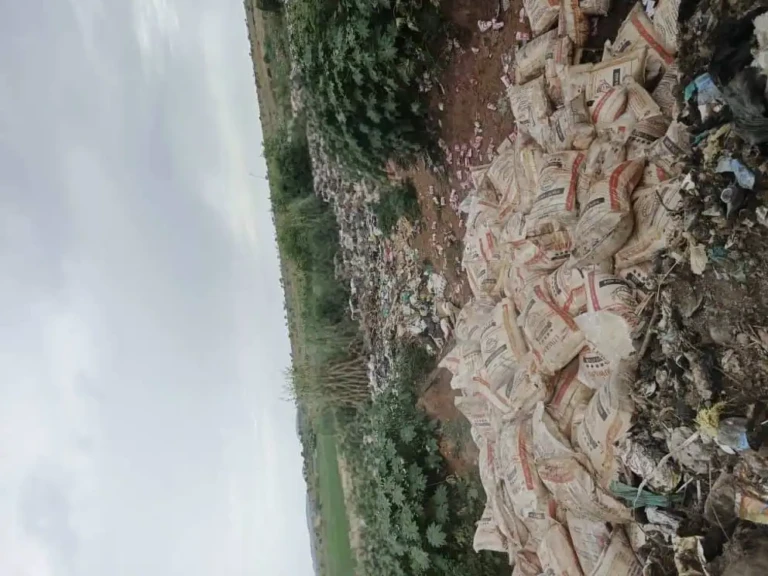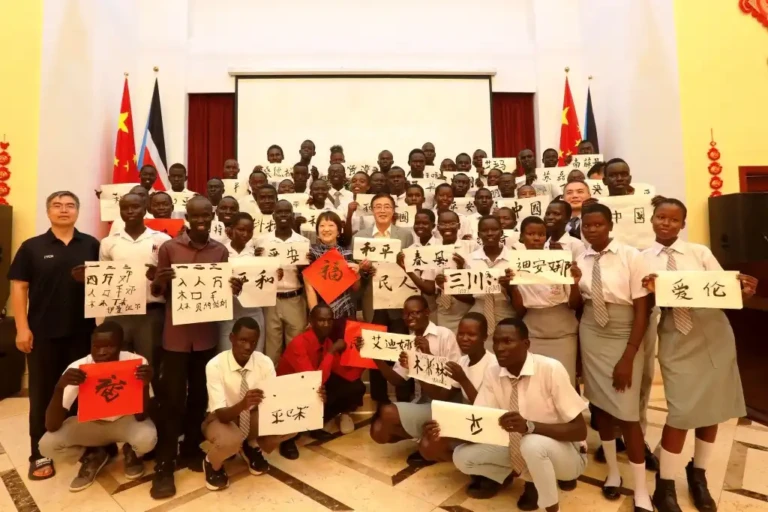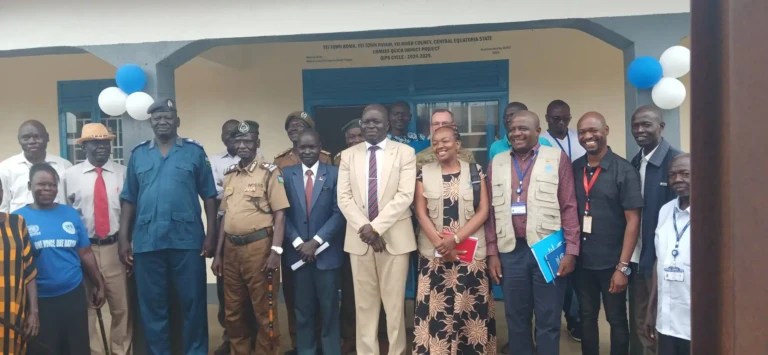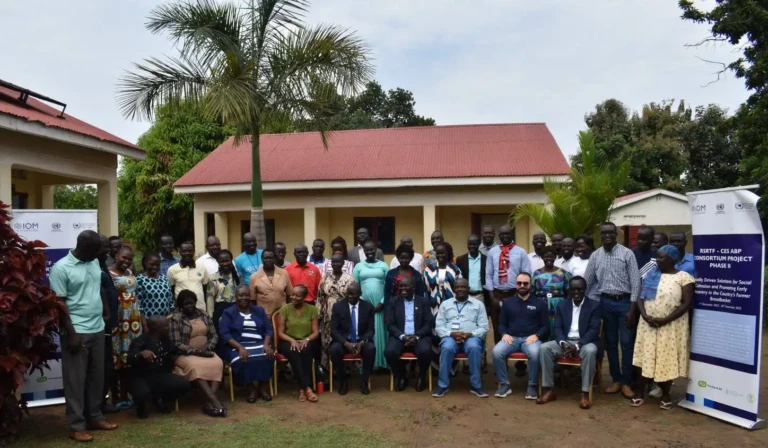
(Juba) – The International Organization for Migration (IOM) has raised serious concerns about the suspension of a critical humanitarian transport service in South Sudan, warning that the move could have life-threatening consequences for vulnerable people across the country.
In a recent statement, the IOM confirmed that its Humanitarian Health and Referral Services (HHRS) project, which offers emergency transport for people in need of urgent medical care, has been forced to halt operations due to funding shortages. This suspension, effective June 2025, is likely to leave thousands of people in remote and conflict-affected areas without access to life-saving support.
For many communities in South Sudan, especially those cut off by floods or insecurity, the IOM’s transport service is the only way to reach hospitals or health centers. The organization reports that the service has helped more than 60,000 people over the last three years, including pregnant women, malnourished children, and survivors of violence.
The halt comes at a time when South Sudan is already facing overlapping crises, including a major cholera outbreak, rising malnutrition, and continued displacement caused by conflict and climate-related disasters. As of May 2025, over 67,000 suspected cholera cases and more than 1.4 million malaria cases have been reported across the country. Many of these cases require urgent medical intervention that people cannot access on their own.
The IOM says the decision to suspend services was not taken lightly but became unavoidable due to a lack of funds. The organization is now appealing to donors and international partners to urgently provide financial support to resume the service. It estimates that restarting the program will require about $2.5 million USD (approximately 3.2 billion South Sudanese Pounds, SSP, at the current exchange rate of 1 USD ≈ 1,290 SSP).
Officials warn that without renewed support, preventable deaths will rise, especially among women and children. IOM teams continue to provide health care in other ways, but without the ability to transport people to medical facilities, the risk to lives remains high.
The IOM has asked for a rapid response from donors to prevent a collapse in healthcare access for communities that are already struggling to survive.
Discover more from Access Radio Yei News
Subscribe to get the latest posts sent to your email.

